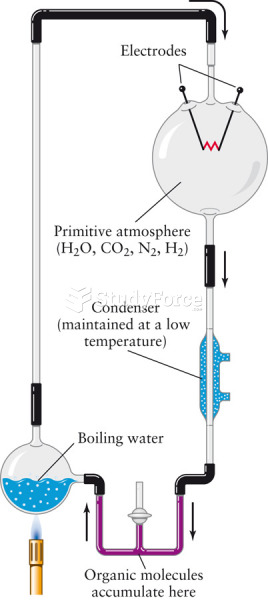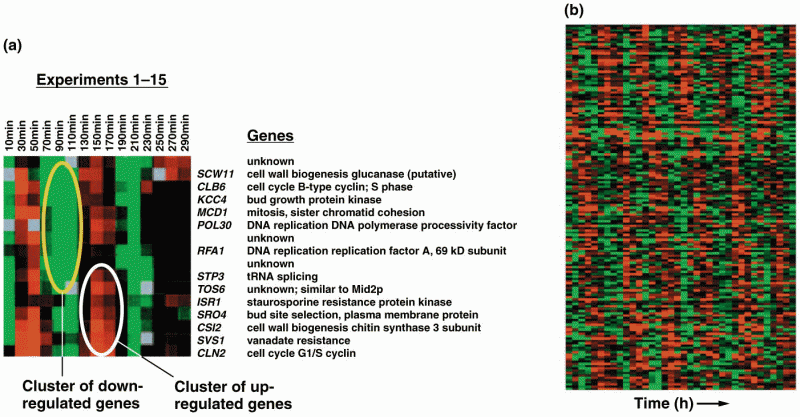|
|
|
It is difficult to obtain enough calcium without consuming milk or other dairy foods.
For pediatric patients, intravenous fluids are the most commonly cited products involved in medication errors that are reported to the USP.
The human body's pharmacokinetics are quite varied. Our hair holds onto drugs longer than our urine, blood, or saliva. For example, alcohol can be detected in the hair for up to 90 days after it was consumed. The same is true for marijuana, cocaine, ecstasy, heroin, methamphetamine, and nicotine.
Medication errors are more common among seriously ill patients than with those with minor conditions.
As many as 20% of Americans have been infected by the fungus known as Histoplasmosis. While most people are asymptomatic or only have slight symptoms, infection can progress to a rapid and potentially fatal superinfection.







